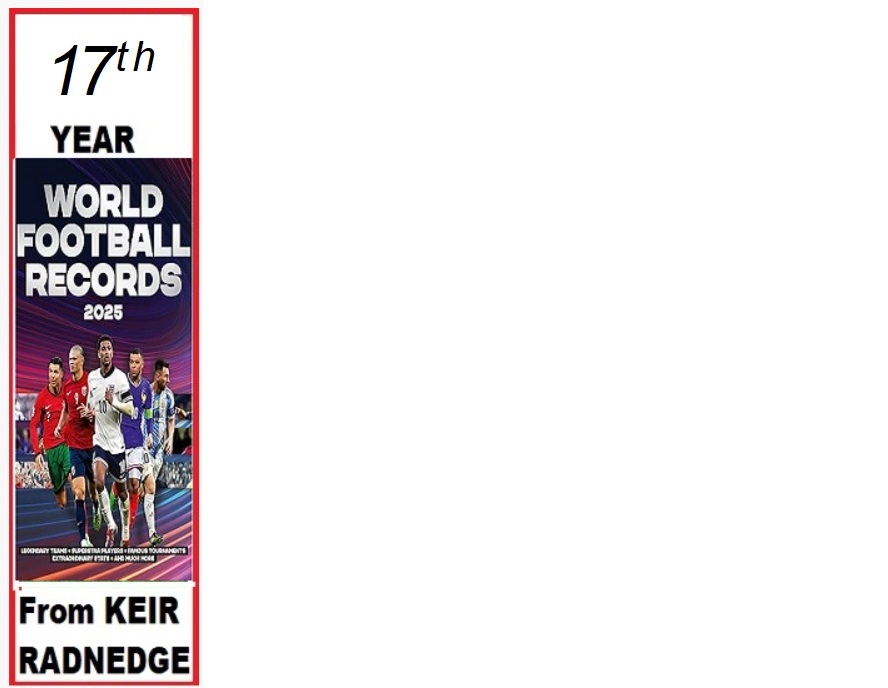Group A: Sport supreme as Poland and Russia rise to the occasion
KEIR RADNEDGE in WARSAW
— Sounds diplomatic: Poland 1 Russia 1 in the middle of the group phase at Euro 2012. Not so. Other images tell a different story: one set of images showed riot police confronting scuffling fans . . . another image showed Prime Minister Donald Tusk celebrating the equaliser as wildly as any of the other Polish fans.
Poles’ relationship with Russians has been difficult, to say the least, down not merely the years or decades but centuries. Inevitably, though, it was the Cold War connection which stood up to immediate attention.
Russia was celebrating Independence Day, by sheer coincidence, on this of all days. So the Russian fans chose to mark the dual occasion with a march from the fan zone outside the ‘Stalin Gothic’ Palace of Culture to the new and hence post-Soviet National Stadium on the east bank of the Vistula.
Scuffles with angry – and organised – Poles were inevitable. Water cannon, rubber bullets, batons and riot police were needed to keep the peace. A comparative peace, that is, with more than 100 arrests being made before the game and various injuries reported [see separate report].
The players and their managers, in their Euro 2012 cocoon, knew nothing of the trouble. Also Russia’s players, facing the main stand for that stentorian national anthem, would not have seen the gigantically provocative ‘This Is Russia’ banner unfurled down and across the corner behind them.
But even if the players’ match focus shut out the historical context, the cacophonous roar from the stands would have jolted them back to an awareness that this was no ordinary game.
Russia, to their credit, did seek to make it just that in the first half. After all, victory would ensure their place in the quarter-finals with a game to spare. Their football was not as crisp as in their opening crushing of Czech resistance but it was inventive enough; Poland responded with the energetic passion which had marked their own opening phase against Greece last Friday.
Robert Lewandowski and his team-mate ensured that Russia’s Vyacheslav Malafeev was the busier goalkeeper. But it was Poland’s Przemyslaw Tyton who had to pick the ball out of his net. Andrei Arshavin slung a beautifully-flighted left-wing free kick into the penalty box and Alan Dzagoev, on a long late run from outside the penalty box, glanced it home.
Leading at half-time, Russia remained apparently comfortable at the start of the second. “We were in control,” said coach Dick Advocaat in wounded pride, afterwards. They believed that the longer the game lasted the more gaps the Poles would leave for Dzagoev and Co to exploit.
While Russia looked to the future, however, they forgot the present. Poland captain Jakub Blaszczykowski punished them with a left-foot rocket of a shot which soared beyond Malafeev and up into the top corner. The television cameras picked up Prime Minister Tusk’s arm-waving explosion of joy.
The Russians looked stunned. Their shape shuddered. Every time they gained possession they were struck by a thunderstorm of whistles and jeers. Poland were not playing wonderfully well but there was a humbling courage and grandeur to their physical commitment.
Now the fervour of their fans, unlike in the Greece game, fed off the passion of the players and returned that passion with interest. At one stage the mass of support rose up stirringly, scarves outstretched, in a chorus of the national anthem.
Every now and again sport throws up such a match whose significance talks about much, much more than the narrative of sporting competition. United States v Iran at the 1998 World Cup was one such memorable meeting. Now here was another: Poland 1, Russia 1 . . . the right result in every possible way, to the honour of sport.
** Czech Republic beat Greece 2-1 in the other Group A game, in Wroclaw, to maintain both nations’ hopes of reaching the last eight.
= = = = = = =




